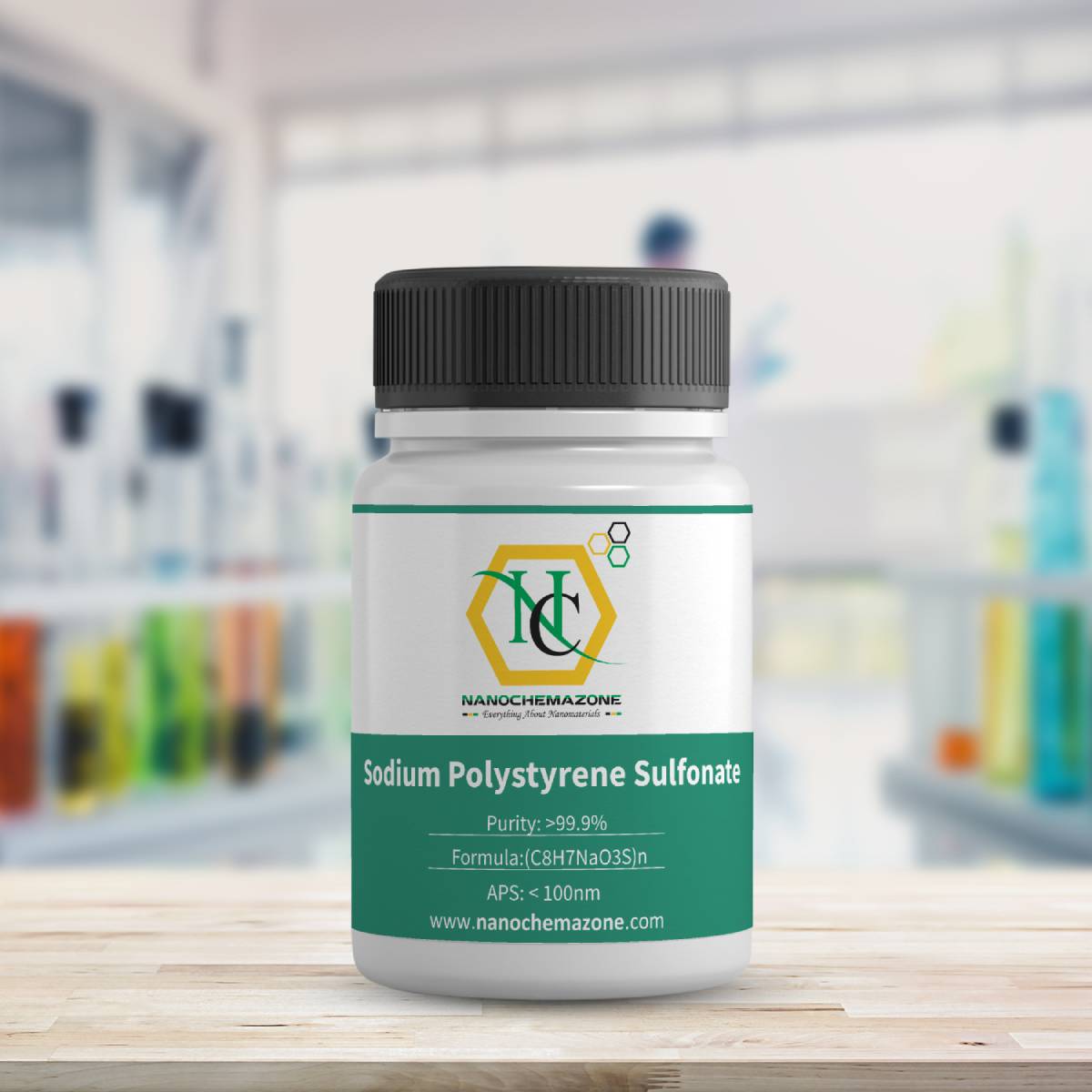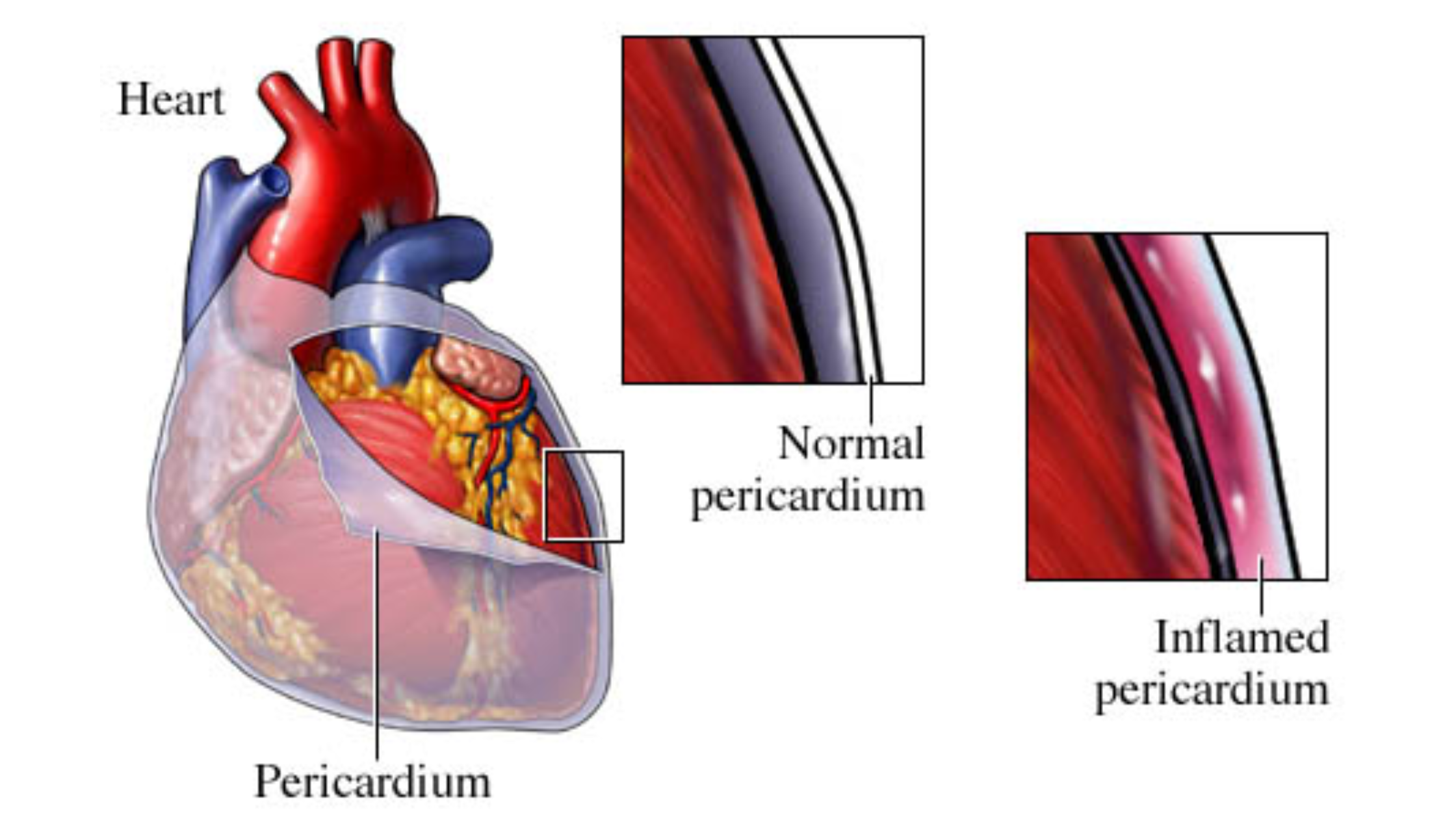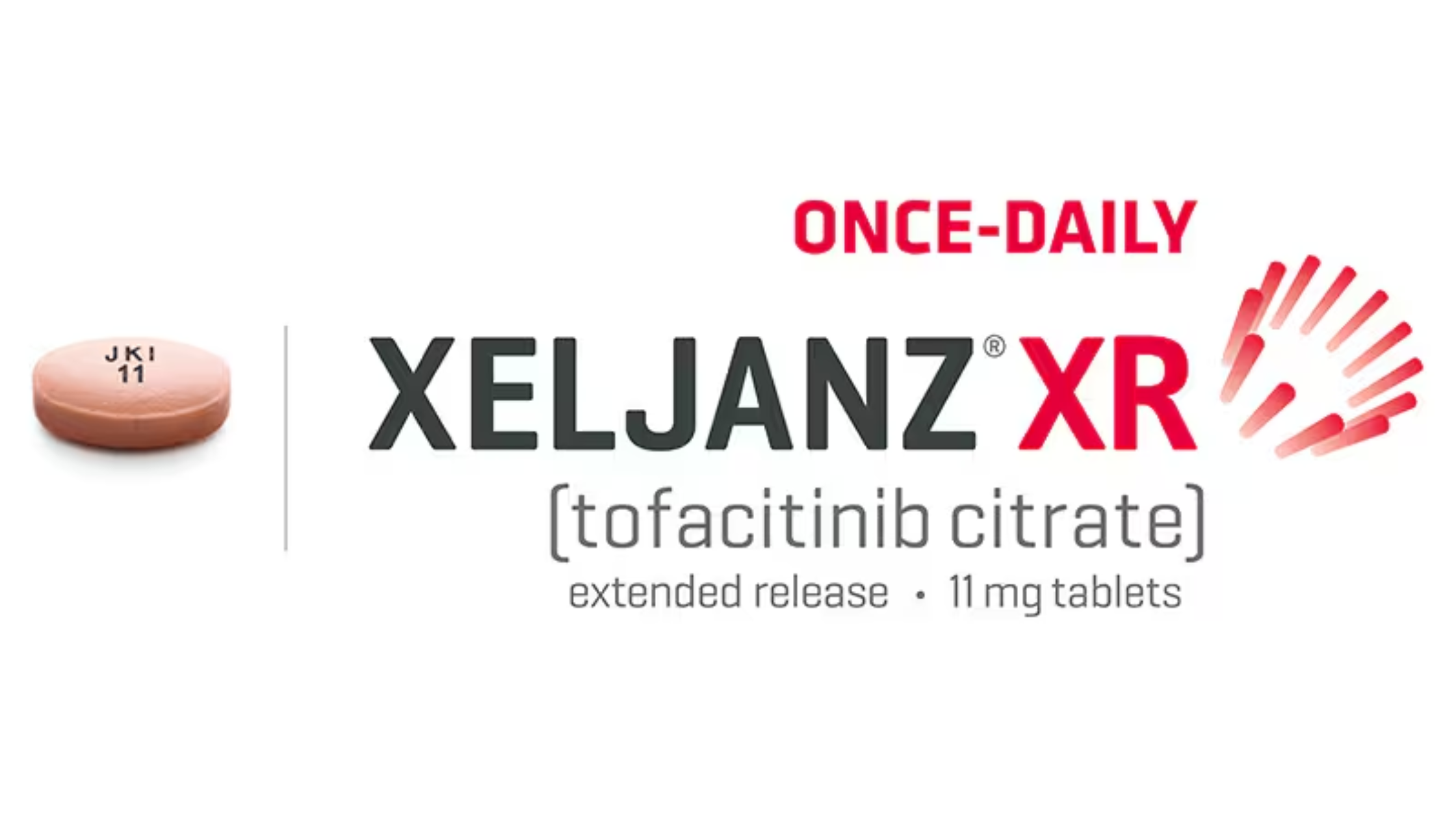Last updated on March 13th, 2025 at 06:55 am
What is the antidote for Potassium poisoning and how does this substance counteract the harmful effects of potassium toxicity? I will provide an informative piece, followed by a summarized table.
Potassium Toxicity
- Definition: Potassium toxicity is also known as hyperkalemia. It occurs when your bloodstream has an excessive level of potassium.
- Causes: Potassium toxicity can result from impaired potassium excretion or redistribution within your body.
- Clinical Importance: Hyperkalemia can lead to serious complications, including cardiac arrhythmias and muscle weakness.
Common Antidotes for Potassium Toxicity
While specific antidote for potassium toxicity is limited, certain treatments can help manage hyperkalemia:
- Water Pills (Diuretics):
- Mechanism: Diuretics increase urine production, promoting potassium excretion.
- Effect: They rid the body of extra fluids and remove potassium through urine².
2. Sodium Bicarbonate
- Mechanism: Sodium bicarbonate temporarily shifts potassium into body cells.
- Clinical Use: It can be administered to stabilize potassium levels during acute hyperkalemia².
3. Albuterol
- Mechanism: Albuterol raises blood insulin levels, which shifts potassium into body cells.
- Application: It is used in emergencies to manage severe hyperkalemia.
More Potassium Antidotes and Mode of Action
When potassium levels in the blood become dangerously high (a condition known as hyperkalemia), it can cause severe cardiac complications, including arrhythmias, muscle weakness, and even cardiac arrest. To counteract this, a specific antidote for potassium is used, each with a distinct mode of action to rapidly reduce potassium levels and protect vital organs.
1. Calcium Gluconate (or Calcium Chloride) – Cardiac Membrane Stabilizer
- Mode of Action:
- This antidote for potassium does not lower potassium levels but instead stabilizes the cardiac membrane to prevent life-threatening arrhythmias.
- Acts by antagonizing the depolarizing effects of potassium on cardiac muscle, reducing the risk of sudden cardiac arrest.
- Onset: Immediate (within minutes).
- Duration: Short-lived (about 30–60 minutes).
2. Insulin + Glucose – Intracellular Shift of Potassium
- Mode of Action:
- Stimulates the Na⁺/K⁺ ATPase pump, driving potassium from the blood into the cells, and temporarily lowering serum potassium levels.
- Given with glucose to prevent hypoglycemia.
- Onset: 15–30 minutes.
- Duration: 4–6 hours.
3. Beta-2 Agonists (e.g., Albuterol/Salbutamol) – Intracellular Shift of Potassium
- Mode of Action:
- Activates beta-2 adrenergic receptors, stimulating the Na⁺/K⁺ ATPase pump to shift potassium into cells.
- Used as an adjunct therapy when insulin is insufficient.
- Onset: 15–30 minutes.
- Duration: 2–4 hours.
4. Sodium Bicarbonate – In Metabolic Acidosis-Related Hyperkalemia
- Mode of Action:
- Corrects acidosis, which reduces potassium efflux from cells into the blood.
- Works best in patients with metabolic acidosis.
- Onset: 30–60 minutes.
- Duration: Variable, depending on bicarbonate levels.
5. Loop or Thiazide Diuretics – Renal Excretion of Potassium
This is a potent antidote for potassium.
- Mode of Action:
- Enhances renal potassium excretion by inhibiting sodium-potassium exchange in the kidneys.
- Furosemide (loop diuretic) is preferred in patients with normal kidney function.
- Onset: 30–60 minutes.
- Duration: Several hours.
6. Sodium Polystyrene Sulfonate (Kayexalate) – Potassium Binding Resin
- Mode of Action:
- Exchanges sodium for potassium in your intestines hence promoting potassium excretion via stool.
- Used in non-emergency cases.
- Onset: 2–4 hours.
- Duration: Can take up to 24 hours for full effect.
7. Patiromer & Sodium Zirconium Cyclosilicate (Newer Potassium Binders)
- Mode of Action:
- Binds potassium in the gut, preventing absorption and promoting excretion.
- More selective and better tolerated than Kayexalate.
- Onset: Hours to days.
- Duration: Long-acting, used for chronic hyperkalemia management.
8. Dialysis – The Ultimate Antidote for Severe Hyperkalemia
- Mode of Action:
- Directly removes potassium from the bloodstream.
- Used in patients with severe kidney failure or life-threatening hyperkalemia.
- Onset: Immediate.
- Duration: Dependent on dialysis session.
The choice of the antidote for potassium depends on the severity of hyperkalemia, underlying causes, and the patient’s condition.
- Immediate cardiac protection: Calcium gluconate.
- Rapid potassium shift into cells: Insulin + glucose, beta-2 agonists, sodium bicarbonate.
- Potassium removal from the body: Diuretics, potassium binders, dialysis.
Summary Table: Antidote for Potassium Toxicity
| Antidote for potassium | Mechanism | Clinical Use For |
|---|---|---|
| Calcium Gluconate/Chloride | Stabilizes cardiac membrane, prevents arrhythmias | Emergency hyperkalemia with ECG changes |
| Insulin + Glucose | Activates Na⁺/K⁺ ATPase pump, shifts K⁺ into cells | Rapid temporary reduction of serum potassium |
| Beta-2 Agonists (e.g., Albuterol) | Activates Na⁺/K⁺ ATPase pump shifts K⁺ into cells | Adjunct therapy when insulin alone is insufficient |
| Sodium Bicarbonate | Corrects acidosis, reduces K⁺ efflux from cells | Hyperkalemia due to metabolic acidosis |
| Loop/Thiazide Diuretics | Increases renal K⁺ excretion | Mild to moderate hyperkalemia in patients with urine output |
| Sodium Polystyrene Sulfonate (Kayexalate) | Binds K⁺ in the gut, excretes via stool | Non-emergency hyperkalemia management |
| Patiromer & Sodium Zirconium Cyclosilicate | Selectively binds K⁺ in the gut, prevents absorption | Chronic hyperkalemia management |
| Dialysis | Stimulates Na⁺/K⁺ ATPase shifts K⁺ into cells | Severe hyperkalemia, kidney failure, refractory cases |
| Water Pills | Increase urine production, promote excretion | Manage hyperkalemia |
| Albuterol | Raise blood insulin levels, shift potassium | Emergency management |
For more health management and guidance go to Medial Antidote.





Thanks for sharing. I read many of your blog posts, cool, your blog is very good.